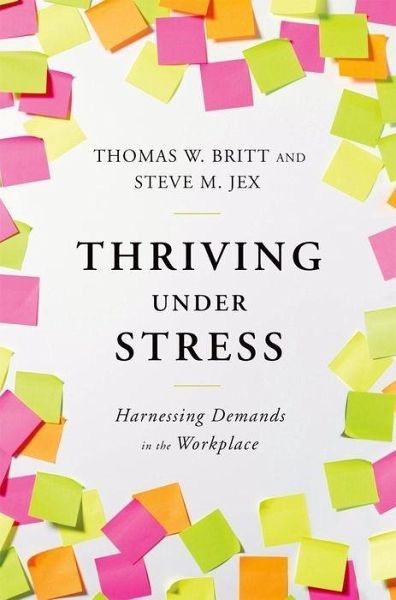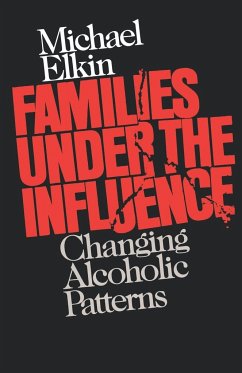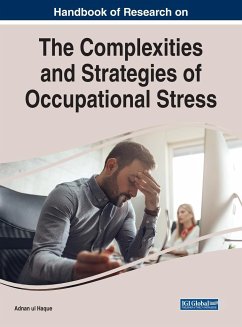
Thriving Under Stress
Harnessing Demands in the Workplace
Versandkostenfrei!
Versandfertig in 1-2 Wochen
36,99 €
inkl. MwSt.
Weitere Ausgaben:

PAYBACK Punkte
18 °P sammeln!
We have all experienced work conditions that tax our ability to cope. Many of us have experienced these demands for long periods of time and have developed psychological, and even physical, problems. Most employees can also recall times when they have dealt with the stress they were under at work, even coming out stronger. What helps employees to perform well and stay healthy under high levels of stress? What are the factors that distinguish those employees? What are the best ways to recover from a stressful day at work? How can employees proactively address stressors they encounter at work, a...
We have all experienced work conditions that tax our ability to cope. Many of us have experienced these demands for long periods of time and have developed psychological, and even physical, problems. Most employees can also recall times when they have dealt with the stress they were under at work, even coming out stronger. What helps employees to perform well and stay healthy under high levels of stress? What are the factors that distinguish those employees? What are the best ways to recover from a stressful day at work? How can employees proactively address stressors they encounter at work, and how can they move from "coping" to "thriving" in the workplace? Thriving Under Stress illuminates the ways stressful working conditions can produce positive outcomes when employees approach demands in the right way, focus on the meaning and significance of their work, and recover appropriately from stressful working conditions, both during the day and when at home. Britt and Jex encourage employees to view themselves as active constructors of their work environment-capable of proactively addressing the burdens they encounter, instead of becoming passive recipients of work stressors.













